I grew up on hip hop. When I was six years old I was bumping Kriss Kross cassettes with my brother with our baggy jeans and baseball jerseys on backwards. From there it was Puff Daddy and Ma$e. Then, Jay-Z and Ruff Ryders. I was under 10 by the time I copped my first DJ Clue tape in The Professional. With each passing year my love for hip hop bloomed, but so did my elitism within the genre. By my teenage years, if you weren’t lyrically skilled, you weren’t a real rapper in my mind. This was around the time southern party music started to make waves on the radio (think D4L’s ‘Laffy Taffy’). As lyricism declined, I began my exploration into hip hop history, starting at the mid-nineties and working back into the late eighties. Once I had fully explored those depths, I looked further into the underground. Artists like Apathy, 7L & Esoteric and Murs soon became favourites. They were keeping hip hop alive, they were real rappers. At the time my love for lyricism was blinding me. If there wasn’t clever wordplay or engrossing storytelling it was instantly trash. When a friend told me their favourite rapper was Nelly because “he had the best beats,” I had never felt a stronger urge to slap someone. I couldn’t understand why anyone would listen to rap for “the beats,” never mind select their favourite rapper based upon their beat selection.
Thankfully my days as a hip hop purist began to erode as I got older and started exploring new genres. As I hit legal age (19 in Canada), I started going out more and expanding my tastes. My brother was a big fan of electronic music and told me I should come with him to see David Guetta. I’d listened to electronic music in the past (mainly Daft Punk) but had never been to any sort of DJ set or rave. When I entered Circa (RIP), I was completely amazed. The club itself is something of a legend; from models on motorcycles in glass rooms for decoration, to a bathroom DJ booth and dance floor. Aside from the space itself, the music and overall experience was something else. I distinctly remember hearing Sidney Samson’s ‘Riverside’ getting rinsed out and yelling “what the fuck is this!?” With the only lyrics on the track being a “Riverside Motherfucker” Tupac sample, the track was driven by a mind-numbing dirty Dutch sound that left me amazed.
From that day forth I was sold on electronic music. Starting with electro and progressive house and then wandering into weirder sounds like dubstep. When trap hit, it was a wrap. Combining my love for hip hop with the energy and intensity of electronic music was a dream fusion. The genre became a new obsession and still remains one of my favourites to this day. From going to raves, to bumping electronic music at parties and at the gym, I came upon a new appreciation for production and music as a whole. I realized that listening to music for the beats is okay, more than okay actually…it could be glorious.
In addition to that, hearing trap remixes of songs like ‘Love Sosa’ and ‘No Handz’ along with A-Trak’s Dirty South Dance Vol. 2 allowed me to appreciate hip hop in a new way. Sure, I still love a deep Kendrick cut or hearing J. Cole get introspective on a track, but I also learned to appreciate the energy and vibe created by artists like Waka Flocka Flame, Gucci Man and Migos. When you’re at the club or at the gym you don’t want to hear Cole give you life lessons, or listen to heart-wrenching street poetry. You want energy, you want excitement, you want to turn up.
Listening to electronic music not only allowed me to better appreciate music for its production and beats but also understand that musical enjoyment can be very situational. The next time you’re planning to shit on ‘Mo Bamba’ for its lack of lyrical merits, go to a packed club or festival and experience the crowd reaction as it goes off. Feel the electricity in the air, the boom of hundreds of voices chanting along, and try to tell me there isn’t something special about that song.
Being a good hip hop fan doesn’t mean being a purist or elitist, or someone who looks down their nose at artists who don’t pass a certain “real rap” litmus test. It’s about learning to appreciate the wide variety that hip hop has to offer: from underground concept records, to incredibly dexterous lyrical barrages, to simple slappers that you can sing along to after the first listen. There’s a freeing beauty in learning to appreciate the latest Black Thought and the latest Future tracks side by side. It’s a liberating feeling and I have electronic music to thank for getting me here.

